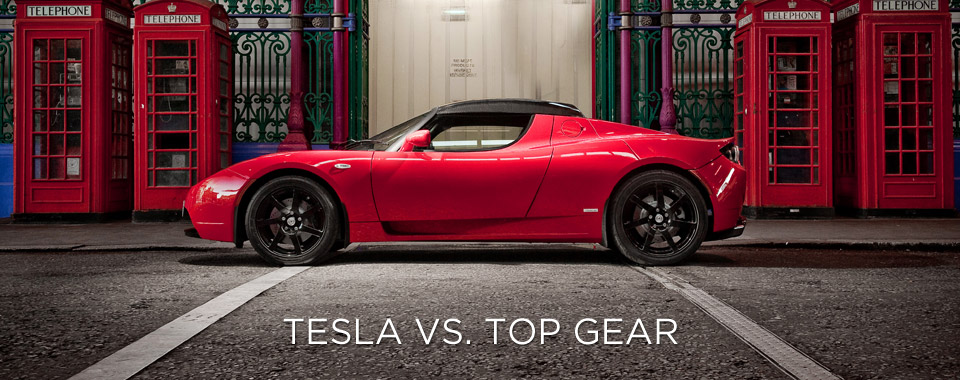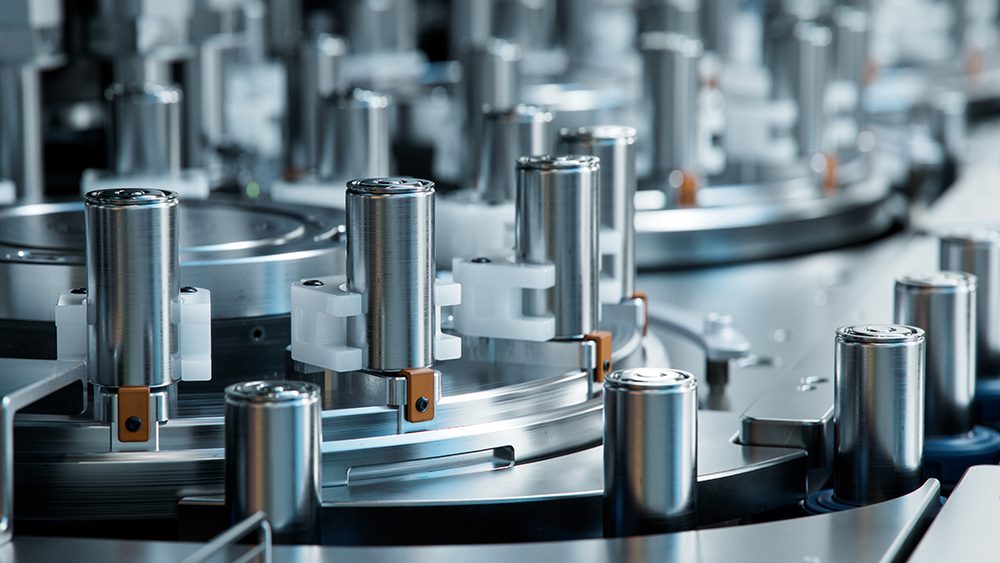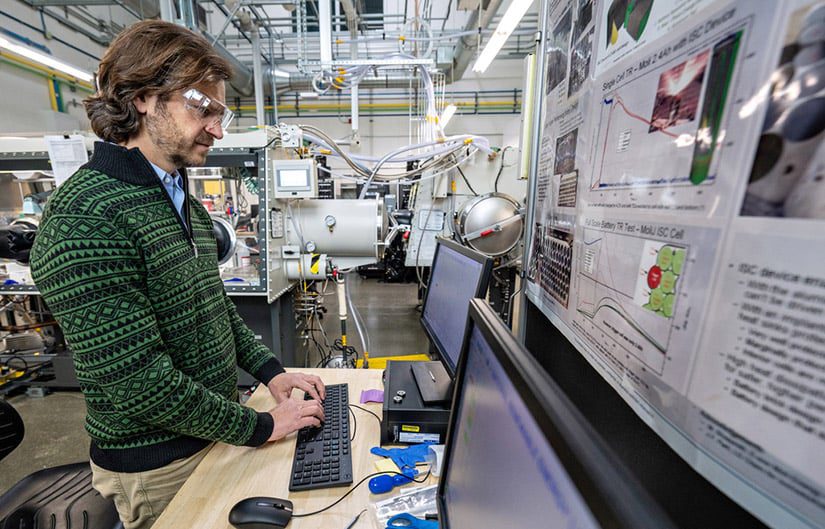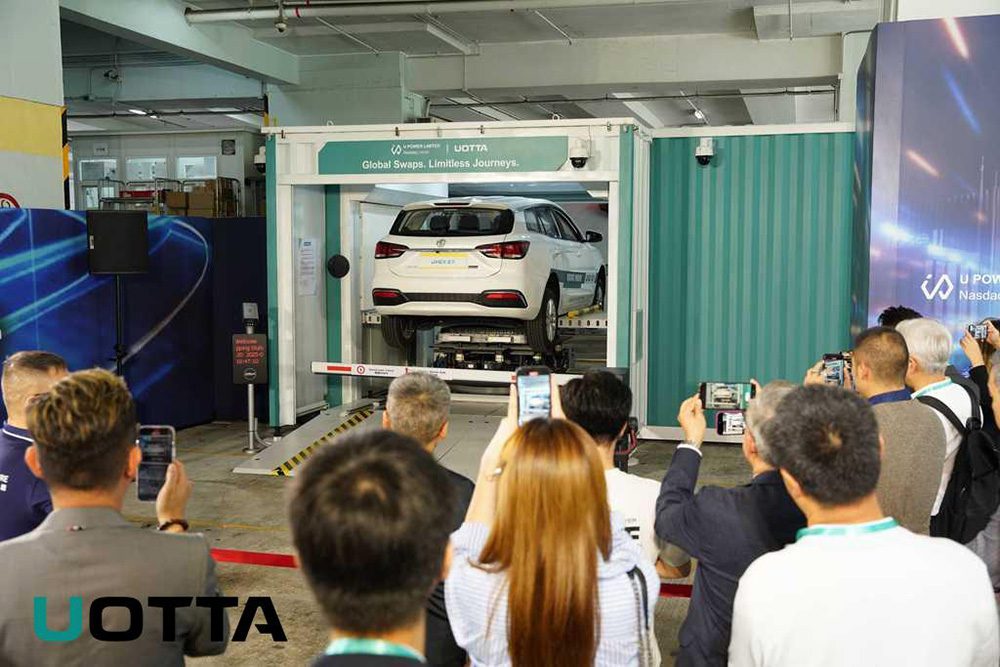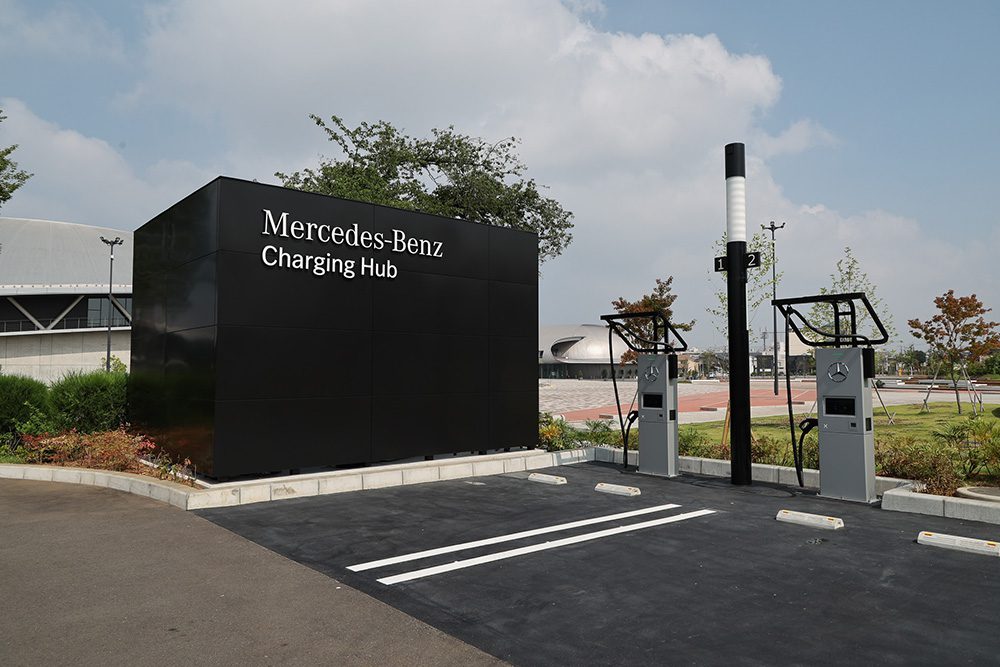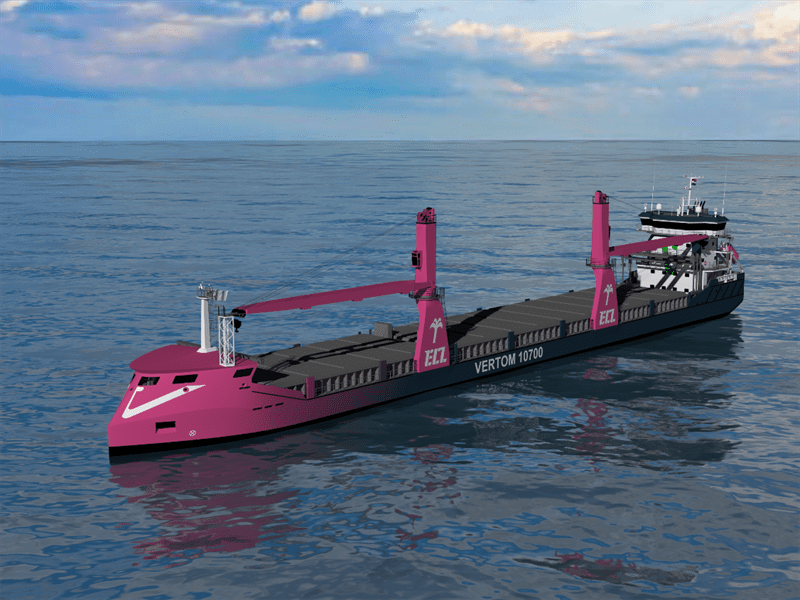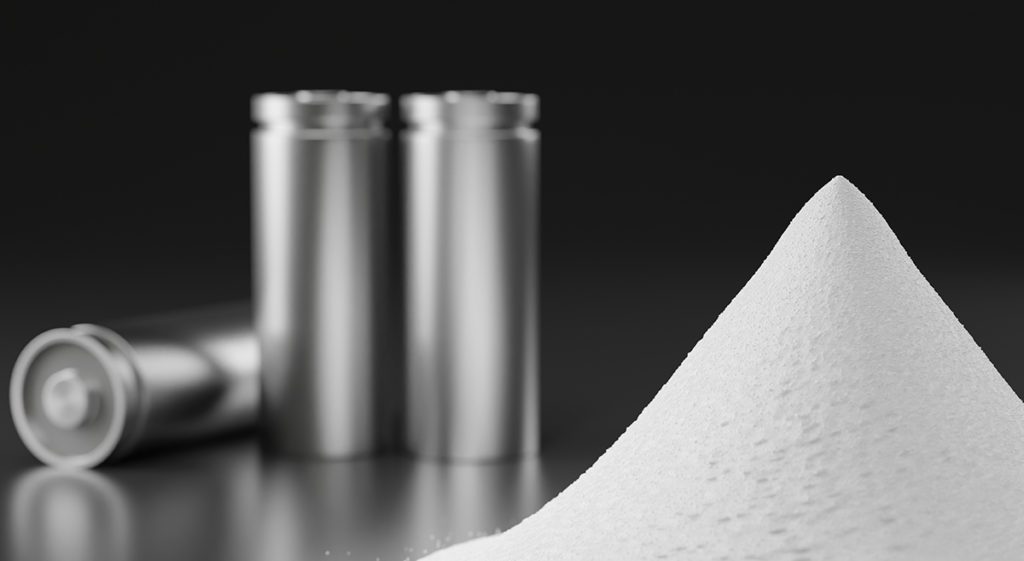A UK judge has ruled against Tesla Motors in a libel case with BBC tevelvision show Top Gear.
A UK judge has ruled against Tesla Motors in a libel case that threatened to become the EV industry’s equivalent of the OJ Simpson trial (well, maybe not quite).
The soap opera began in 2008, when a BBC television show called Top Gear featured a Tesla Roadster in a romp around their testing track. Alas, the battery went dead, things overheated (in more ways than one), and host Jeremy Clarkson declared that “in the real world, it doesn't seem to work.” Tesla claimed (correctly, by most accounts) that the failure was staged, and sued for libel in March of this year.
The ensuing war of words revealed more about the UK automotive media than about the Roadster’s reliability. More than one commentator pointed out that Clarkson, like so many of his ilk, bases his schtick more on sarcasm than on facts, and that no regular viewer would suspect the show of being a reliable source of consumer information. The judge in the case seemed to agree, saying that “the words complained of are wholly incapable of conveying any meaning at all to the effect that the claimant [Tesla] misled anyone.”
Was Tesla’s lawsuit just a ploy to maximize media coverage? Well, Tesla was only seeking 100,000 pounds in damages, so the company only stood to win about the price of one Roadster. It’s hard to see how their business has been harmed much – the Roadster is selling well, and the recent agreement with battery maker Panasonic is a huge step forward for the new Model S luxury sedan. But I’ll bet I know one snarky motoring show that won’t be getting one.
Image: Tesla Motors







